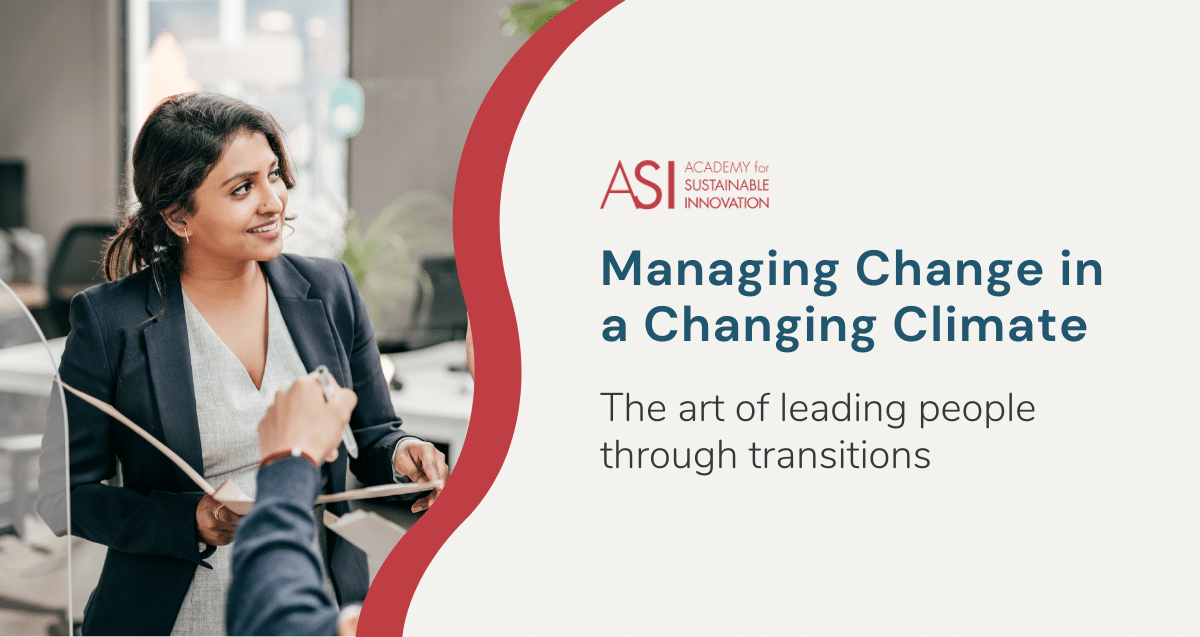The climate is changing; whether we change to meet the challenge is up to us.
The climate is shifting rapidly, and the worst impacts are yet to come. As we witness the devastating impacts and increasing frequency of wildfires, floods, and landslides across Canada, leaders face a pivotal question: Are we ready to adapt—and more importantly, can we guide others through this critical transition? This moment calls for more than technical solutions; it demands leadership grounded in change management—the art of leading people through deep, systemic shifts.
Climate change is a deeply human issue; we must bring people together to create change.
Addressing climate change is, at its core, a human issue. It requires leaders to navigate the intricate social dynamics that arise when communities are pushed to evolve. The need for socially inclusive, climate-positive leadership has never been greater. This moment in history demands that leaders step up—not only to solve technical challenges like reducing emissions but to bring people together under a shared vision for a resilient and sustainable future.
The future will be shaped by how we lead it – for better or worse.
Though we can’t undo the environmental damage already unfolding, we can decide how we navigate it and how we take action to build a desirable future. The future will be shaped by how leaders guide governments, businesses, and communities through this global challenge. Effective leaders understand that addressing climate change goes beyond policies and technology; it’s about empowering people, encouraging collaboration, and ensuring that everyone has a stake in creating a livable world.
As Joanna Macy puts it, we’re in “a space without a map,” but this is also a chance to chart new paths forward.
Joanna Macy describes this moment as “a space without a map,” where old solutions no longer apply. But as she suggests, we can write a new story—what she calls “The Great Turning”—a future where we restore balance with nature while building socially inclusive systems. Could we rise to the occasion and alter how we work and live, in ways that could restore our relationship with the natural world, lessen the impacts of climate change, and support thriving communities? At the Academy for Sustainable Innovation (ASI), we believe that with the right leadership, the answer is yes.
We can take lessons from the COVID-19 pandemic to see what styles of leadership best facilitated large-scale adaptation.
Take the lessons from the COVID-19 pandemic. It forced a massive, global shift in how we live and work, proving that large-scale adaptation is possible. Yet, the true success or failure of those adaptations depended largely on how well leaders managed people through the change. In the same way, leaders navigating the climate crisis must not only drive technical solutions but also address the human side of change. The question isn’t whether we can transition—it’s whether we can make the transition work for everyone.
The challenge is urgent, but human behaviour change is slow and often fraught with fear.
The transformation needed to address climate change is urgent, but changing human behaviour is often slow and fraught with fear—of job loss, new technologies, and lifestyle changes. Many of us have encountered scenarios in our workplaces or communities where a new policy or directive, despite being well-intentioned, faltered due to resistance and reluctance. This hesitation and resistance often surfaces from individuals who were not sufficiently engaged or supported by leaders in understanding and embracing the new way of doing things.
This was a key theme in our Let’s Talk Leadership series, where Brendan Seale, AVP & Head of ESG at Definity Financial, emphasized that people don’t necessarily fear change, but they may fear being changed. Meaning that change can cause people to lose their sense of control, and the unknown outcomes that change brings can be intimidating. Leaders must recognize that people’s reactions to change are not necessarily a reflection of their aversion to innovation or progress.
Leaders are called to supplement technical know-how with “soft skills” like empathy, adaptability, and collaboration.
Beyond external shifts, we need an internal reckoning, recognizing that current systems no longer serve society as a whole. Leaders must balance technical knowledge with skills like empathy, adaptability, and collaboration to unite people around a shared vision and find opportunities to leverage people’s unique skills to advance change. Building trust and strong relationships is key to empowering people to contribute to a better future.
Models for change can help us imagine, talk about, and align on what a better future could look like.
At ASI, we utilize models like the Two Loops of Systems Change and the Three Horizons Framework to help leaders navigate these conversations and ensure that diverse voices contribute to the transformation. The leaders of tomorrow must learn to be facilitators of change—empowering people to play an active role in the transition toward a climate-positive future. Both of the models mentioned above are valuable because they invite in, validate, and encourage honouring various perspectives that are present in any changing system.
Work with ASI
The climate crisis is a crisis of leadership; addressing this is the challenge of our times.
This is the challenge of our times: leading through the climate crisis in a way that strengthens both the planet and its people. It’s about guiding others through uncertainty and helping everyone see their role in building a sustainable, equitable world. Leaders with the vision to manage this transition will shape the thriving, climate-positive communities of the future. The time to rise and lead is now.
The journey ahead is challenging, but with the right leadership and strategies, it’s one we can navigate together.


